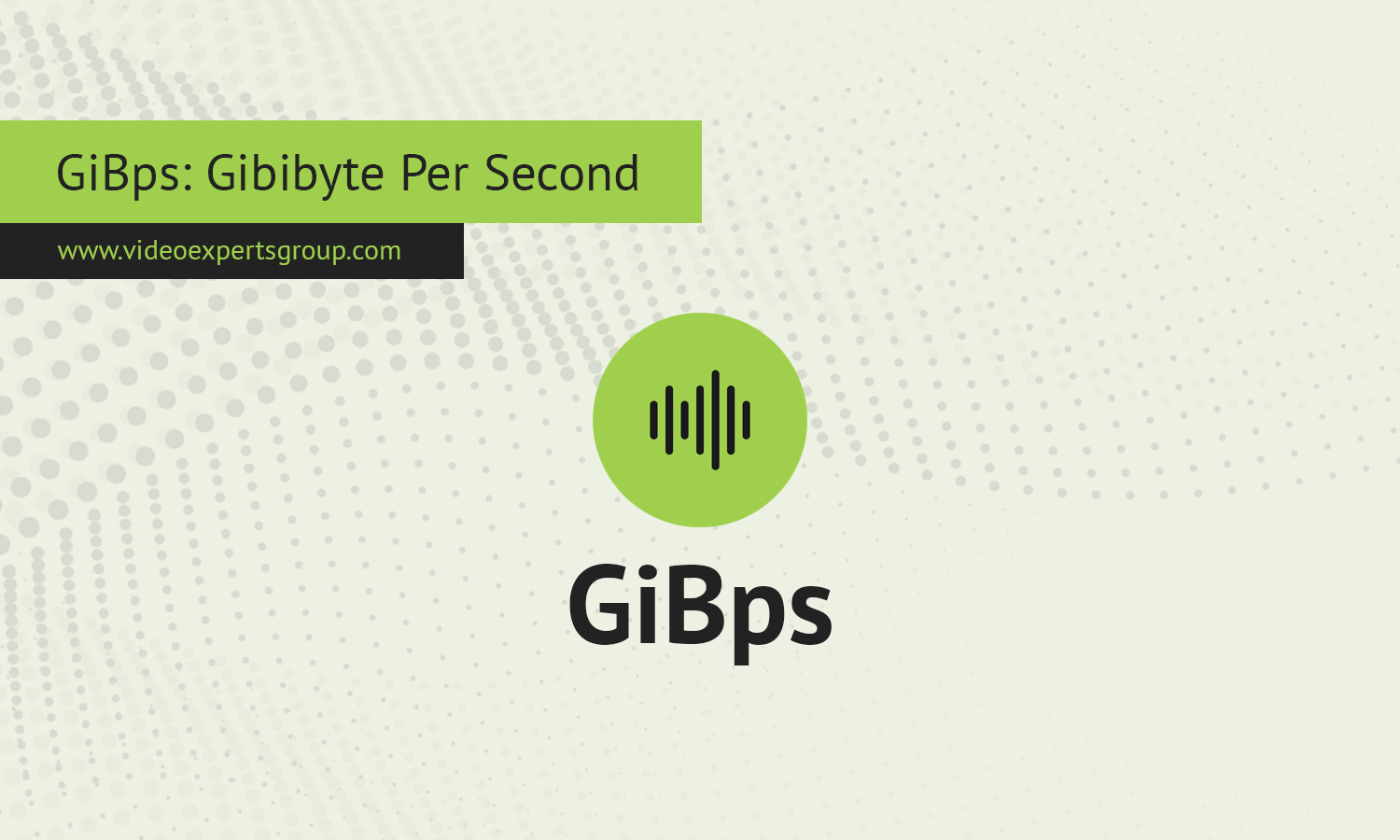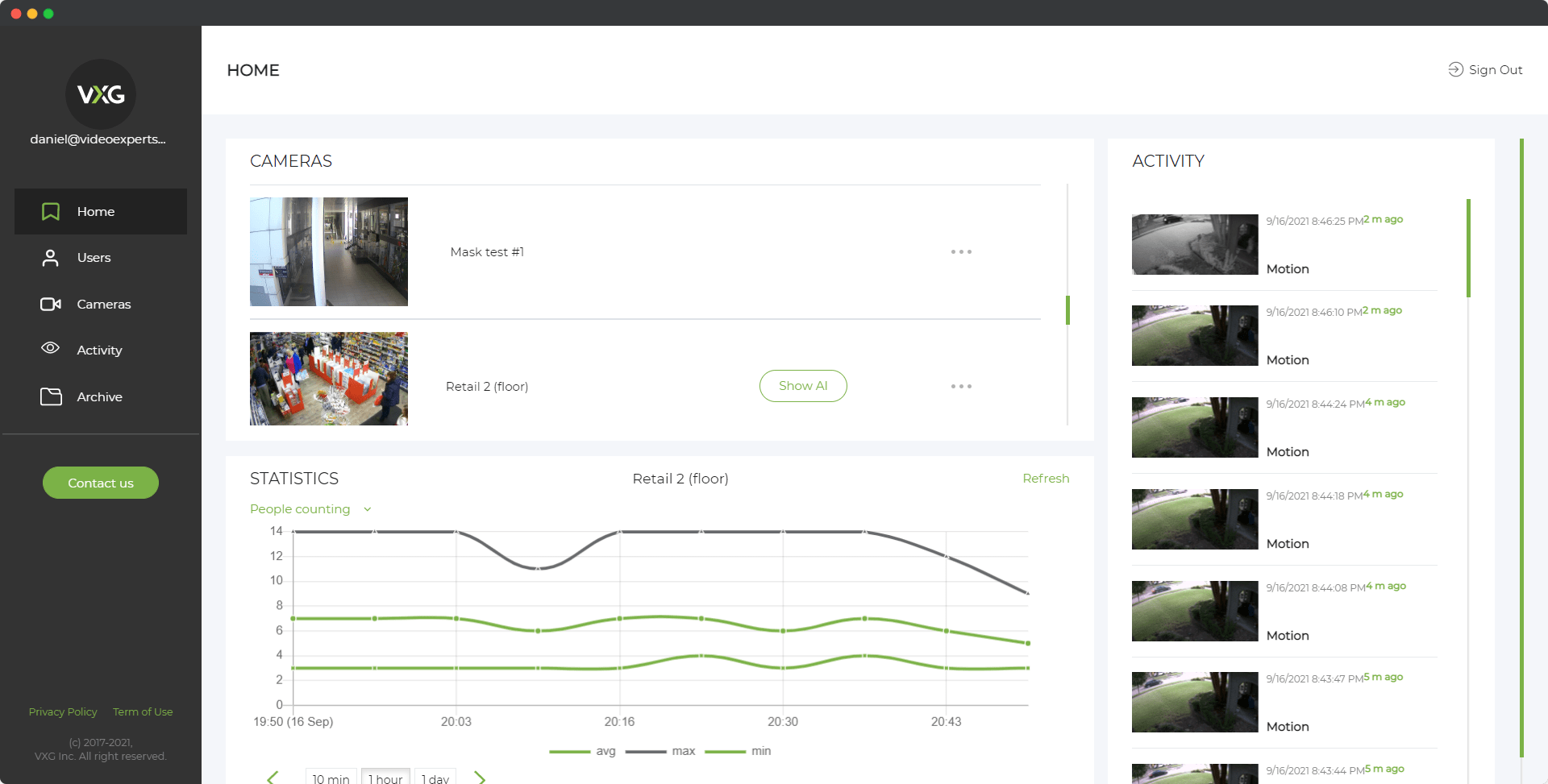In the digital age, understanding how data is measured and transferred is crucial, especially when it comes to handling large amounts of information. One of the lesser-known but highly important units in this domain is GiBps or Gibibyte per second. While it may sound similar to the more common GBps (Gigabyte per second), GiBps offers greater precision due to its use of the binary system. For professionals in fields like networking, cloud computing, and data storage, understanding GiBps is key to making accurate calculations and optimizing system performance.
Meaning
GiBps (Gibibyte per second) is a unit of data transfer speed that measures how many Gibibytes (GiB) are transferred per second. A Gibibyte is a binary-based unit, consisting of 1,073,741,824 bytes, or 1,024 Mebibytes (MiB). This contrasts with the more commonly known Gigabyte (GB), which is a decimal-based unit and equals 1,000,000,000 bytes.
The distinction arises from the difference between the binary system (base-2) used by computers and the decimal system (base-10), which is often used in marketing and consumer-grade technology. While GBps measures data using powers of 10, GiBps measures it using powers of 2, making it a more accurate reflection of how data is processed in computing systems.
For example, a transfer speed of 5 GiBps means that 5 Gibibytes, or 5,368,709,120 bytes, are being transmitted every second. This is slightly more than the equivalent 5 GBps, which represents 5 billion bytes per second.
Conversion Table
This table includes conversions from bits per second (bps) to tebibytes per second (TiBps), along with an additional column for bytes per second (Bps), making it easier to understand how these units relate to each other.
| Unit | Bit per second | Byte per second |
|---|---|---|
| 1 bit per second (bps) | 1 bps | 0.125 Bps |
| 1 kilobit per second (Kbps) | 1,000 bps | 125 Bps |
| 1 megabit per second (Mbps) | 1,000,000 bps | 125,000 Bps |
| 1 gigabit per second (Gbps) | 1,000,000,000 bps | 125,000,000 Bps |
| 1 terabit per second (Tbps) | 1,000,000,000,000 bps | 125,000,000,000 Bps |
| 1 petabit per second (Pbps) | 1,000,000,000,000,000 bps | 125,000,000,000,000 Bps |
| 1 exabit per second (Ebps) | 1,000,000,000,000,000,000 bps | 125,000,000,000,000,000 Bps |
| 1 byte per second (Bps) | 8 bps | 1 Bps |
| 1 kilobyte per second (KBps) | 8,000 bps | 1,000 Bps |
| 1 megabyte per second (MBps) | 8,000,000 bps | 1,000,000 Bps |
| 1 gigabyte per second (GBps) | 8,000,000,000 bps | 1,000,000,000 Bps |
| 1 terabyte per second (TBps) | 8,000,000,000,000 bps | 1,000,000,000,000 Bps |
| 1 kibibyte per second (KiBps) | 8,192 bps | 1,024 Bps |
| 1 mebibyte per second (MiBps) | 8,388,608 bps | 1,048,576 Bps |
| 1 gibibyte per second (GiBps) | 8,589,934,592 bps | 1,073,741,824 Bps |
| 1 tebibyte per second (TiBps) | 8,796,093,022,208 bps | 1,099,511,627,776 Bps |
Pros
-
High Precision in Data Measurement: One of the biggest advantages of GiBps is its precision. Because it is based on the binary system, GiBps matches the way computers store and process data. When using GiBps, you can be confident that the data transfer measurements accurately reflect what is happening within the system, without the need for approximation or conversion between decimal and binary units.
-
Consistency Across Binary-Based Units: GiBps is part of a family of binary-based units, such as KiBps (Kibibyte per second) and MiBps (Mebibyte per second). This consistency makes it easier to manage data transfers, storage, and network speeds without needing to switch between decimal and binary systems, which can lead to confusion and miscalculations. Professionals dealing with data storage, cloud services, and high-speed networks benefit from this standardized approach.
-
Useful for Large-Scale Data Transfer: In environments like data centers, cloud infrastructure, or high-performance computing where massive amounts of data are transferred regularly, even small differences between GiBps and GBps can add up over time. Using GiBps ensures that calculations are exact, helping prevent over- or under-estimation of bandwidth, storage capacity, and system performance.
-
Accurate for Networking and System Performance: Many enterprise-level networking and computing systems rely on the binary system to handle data. GiBps aligns directly with this architecture, making it the best choice for accurate bandwidth and throughput calculations in these settings. For instance, network engineers and system administrators can use GiBps to determine real-world data transfer rates more accurately than with GBps.
Cons
-
Limited Familiarity Among General Users: While GiBps offers technical advantages, it is not a commonly used term among the general public. Most consumers are more familiar with GBps because it’s used in marketing for things like internet speeds and file downloads. As a result, many people may not understand the difference between GiBps and GBps, which can lead to confusion.
-
Potential for Misinterpretation: Since GiBps and GBps are often used interchangeably in conversation, there is a risk of misinterpretation. The difference between binary-based and decimal-based units may seem small, but when working with large data sets or high-speed networks, these differences can cause significant discrepancies. Users unfamiliar with binary units may miscalculate transfer speeds or storage capacities if they do not fully understand the distinction.
-
Less Common in Consumer Applications: For most day-to-day tasks like downloading a file or streaming media, GBps is the preferred and more widely used metric. This means that GiBps is mostly reserved for more technical fields like IT infrastructure, data analytics, or enterprise-level networking. For the average consumer, the added precision of GiBps may not offer any practical benefit and could add unnecessary complexity.
-
Complexity in Switching Between Units: While professionals might appreciate the precision of GiBps, it can be difficult to switch between binary-based units and the more common decimal-based units used in everyday computing. Converting between GiBps and GBps can lead to calculation errors if not done carefully, especially when working with large data volumes where even small differences matter.
GiBps (Gibibyte per second) is a highly precise unit for measuring data transfer speeds, specifically designed to reflect how computers and digital systems process information. Its binary nature aligns with the architecture of modern computing systems, making it especially useful in technical fields like networking, data storage, and cloud computing. While GiBps offers clear advantages in terms of accuracy and consistency, it is less familiar to the general public and not as widely used in consumer technology. For those working with large-scale data transfers, GiBps is invaluable, but for everyday users, the more familiar GBps remains the standard. Understanding the difference between these two units is key for professionals who need to make precise calculations in data-heavy environments.
















